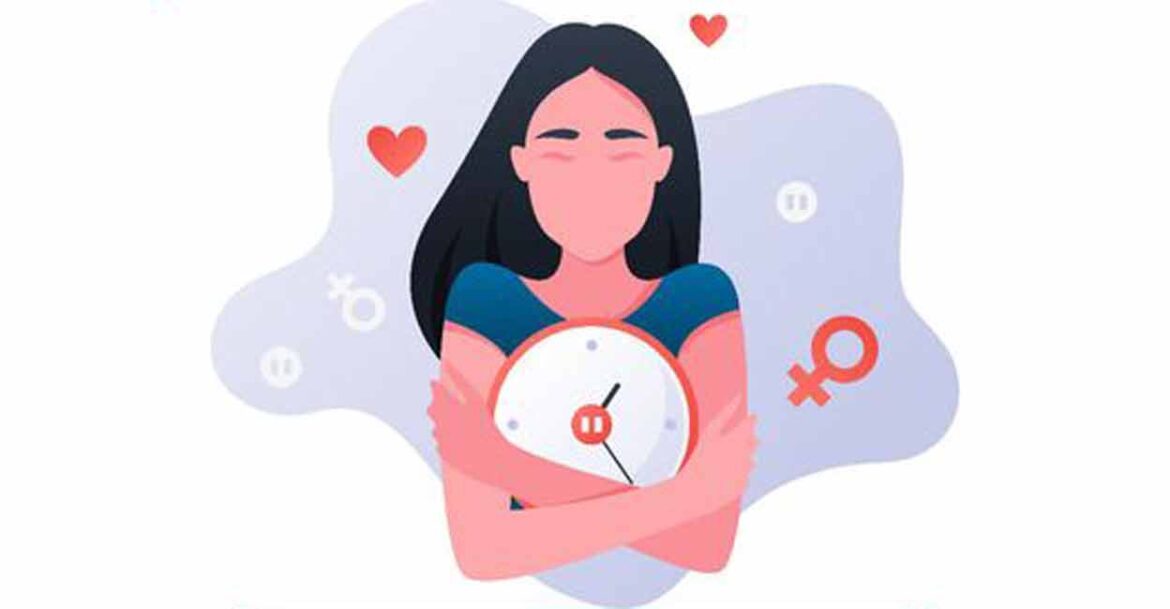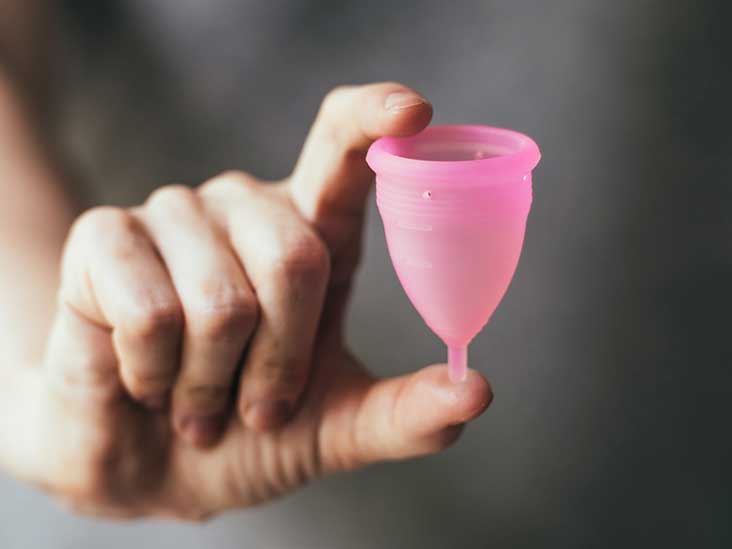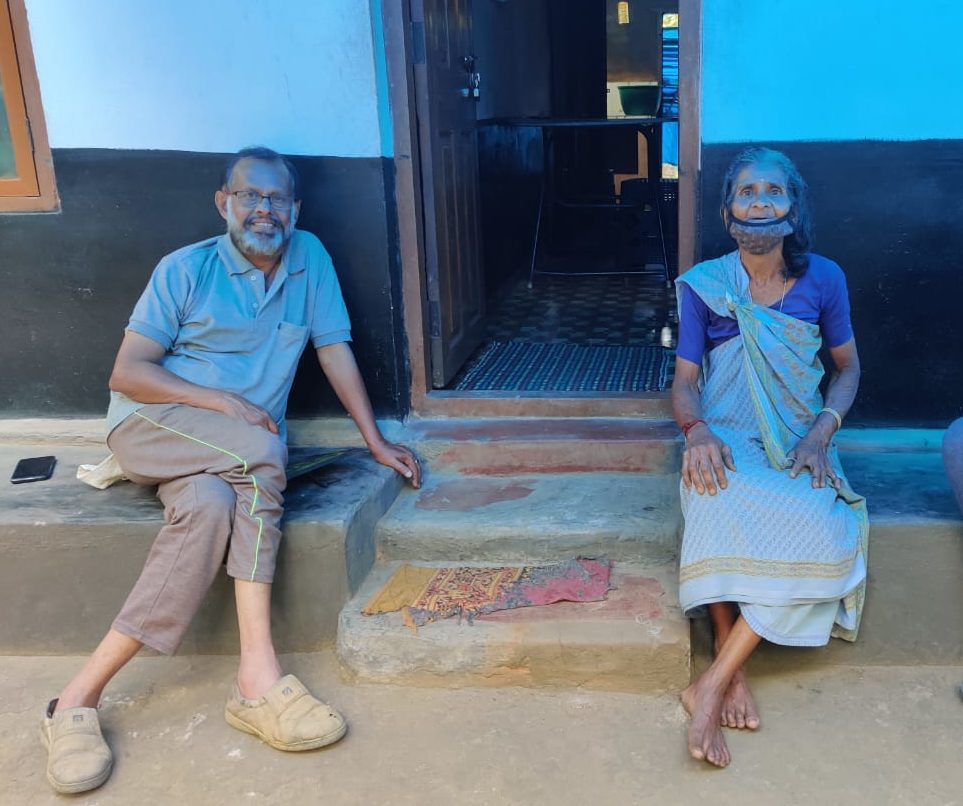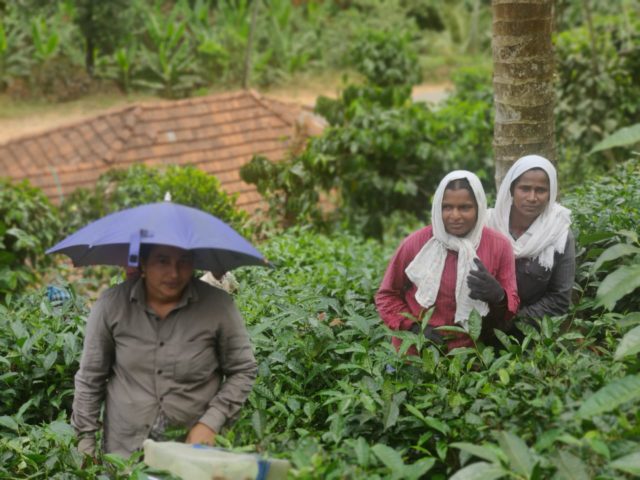By Parika Singh
The Karnataka government’s proposal to allocate 6 days of menstrual leave per year for women in the public and private sector will reopen debate and discussions on its requirement in the workplace. The absence of National Legislation in India that provides for menstrual leaves to working women is a pivotal indicator of the status accorded to women’s issues and needs in parliament. 77 years after independence, we have three other states- Bihar, Kerala, and Orissa, and a handful of private companies such as Swiggy, Zomato, Magzter, etc, which have taken steps to acknowledge and extend support for this universal biological phenomenon.
Each month a woman’s uterus undergoes a range of complex physiological changes through which the outer lining thickens to prepare and preserve a fertilized embryo and an egg travels down the fallopian tube. For a process so intrinsically linked to the existence and evolution of the human species, it scarcely receives its due significance in society. On the contrary, Indian society, particularly in rural areas, attaches a stigma of impurity to it- shunning women to dark corners of their homes, further attributing to the misinformation surrounding menstruation. So, what exactly happens during a period?
To shed the excess lining, the uterus contracts and relaxes itself periodically to remove the lining, which travels through the cervix and out of the vagina. Blood, tissue, and nutrients leave a woman’s body every month sometimes leading to nutritional deficiencies such as anemia. Hormonal changes involved can affect mental health and stress levels, and the contractions can be severe enough to impact daily activities. According to the National Institutes of Health (NIH), USA, 84.1% of women experience some form of pain during the menstrual cycle from mild to acute with every 1 in 10 women finding it debilitating, especially those who suffer from Polycystic Ovarian Syndrome (PCOS), Endometriosis, or Uterine Fibroids.
And yet, we cannot come up with a national policy that accedes the option to avail one or two days leave in an entire month to rest. Worse, we question it.
Women in key public positions such as former Women and Child Welfare Minister Smriti Irani opposed a legal framework around menstrual leave and considered it a private affair that need not be discussed with employers, perpetuating a sense of shame or embarrassment that gets ingrained in teenagers and prevents open conversations and awareness. Prominent journalist Barkha Dutt called the idea ‘paternalistic and silly’ while at the same time noting the reduction of women in the workforce, lack of access to basic menstrual hygiene products in rural India, and absence of girls from school during their period- ironically all the reasons why such leave is crucial for the health, safety, and upliftment of women in the country.
The Supreme Court this year, while asking the Centre “to look into the matter at a policy level” acknowledged the role it would play in encouraging more women to seek employment. At the same time, it reiterated the regressive stand taken by opponents that it would prevent employers from hiring women. For a constitutional court that aims to promote social justice and protect the fundamental rights of life and equality of opportunity at the workplace, this statement was disappointing, to say the least. Any accommodations granted for the well-being of employees could be inconvenient for employers, and every concession could lead to a potential loss in income. Does that mean all welfare laws should be suspended because of the fear of potential hiring?
The Maternity Benefit Act, 1961, The Rights of Persons with Disabilities Act, 2016, Transgender Persons (Protection of Rights) Act, 2019, special provisions enshrined in Articles 15 and 16 of the Constitution for women and children and reservation for Scheduled Castes and Scheduled Tribes, respectively, all impose liabilities, grant concessions, and require additional amenities at the workplace but the government or courts did not let hiring factor come in the way of promulgation of this Acts. Interestingly, the discourse surrounding paternity leave in the private sector, currently available in the public sector through the Central Civil Services (Leave) Rules, 1972, brings up the possibilities of societal stigma and professional penalties, but no one seems to think it would prevent men from being hired in the first place.
Furthermore, Bihar introduced a two-day menstrual leave policy as early as 1992. Other countries in Asia such as Indonesia, Taiwan, South Korea, and Vietnam have had period policies for several years with Japan paving the way in 1947. Europe has finally begun to catch up with Spain announcing a national policy in 2023. Individual companies such as Coexist in the UK and Nuvento in the US have taken the initiative to introduce paid period leaves. And so far, no data has been presented by any of these corporations or countries that would identify substantial economic loss on account of it.
In fact, the Australian company Modibodi has reported increased engagement and productivity after its implementation since the women felt valued and worked with increased efficiency after adequate rest and recuperation.
On the other hand, a 2019 study conducted by Radbound University discovered working through pain resulted in an average productivity loss of 9 days per person per year in companies. The issue is only exacerbated for non-binary, gender queer, and trans persons who are susceptible to violence and discrimination upon disclosing their menstrual status and might not work in places equipped with adequate provisions for their privacy and safety. While individual policies and state-level measures are steps in the right direction, India now needs a country-wide law for people who menstruate in the public, private, as well as unorganized sectors.
An attempt was made to present such a bill three times in the parliament- the Menstruation Bill, 2017, by Mr. Nirong Ering, the Women’s Sexual, Reproductive and Menstrual Rights Bill, 2018, by Dr. Shashi Tharoor, and recently, the Right of Women to Menstrual Leave and Free Access to Menstrual Health Products Bill, 2022, by Mr. Hibi Eden. Two years later, the Central Government has not taken any measures to enact or implement it in the present, nor indicated its desire to do so in the future. Whether the legislature formulates a national policy or not, its necessity and positive impact on working women can no longer be denied.






